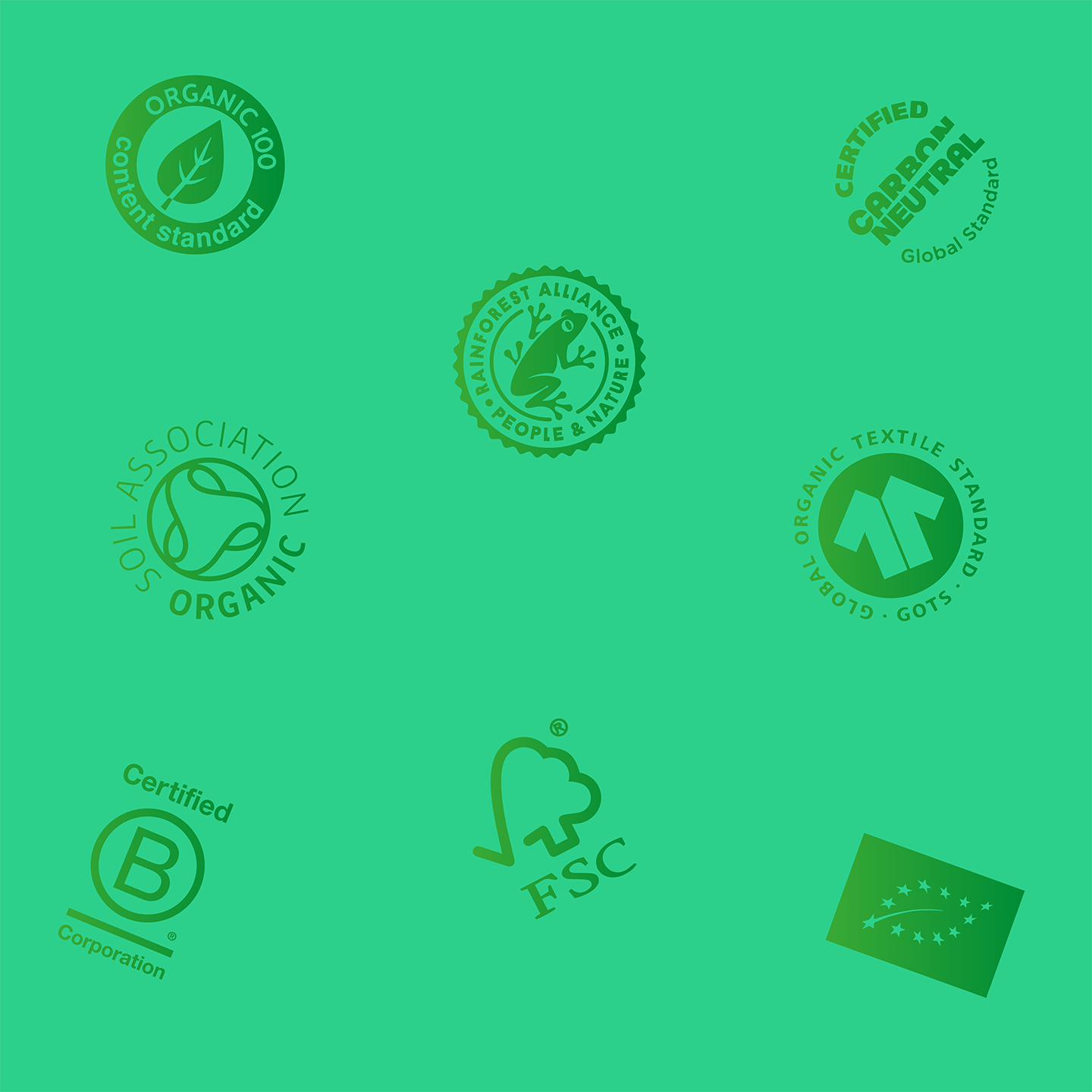General Actions
Buying only from responsible and certified brands and having a good understanding of our carbon footprints are some of the actions we should all try to be conscious of and incorporate into our daily lives.
Food
Unsustainable agricultural practices contribute to deforestation, pollution, and the exacerbation of climate change which impacts food production. Environmentally responsible farming methods, plant-based eating habits and the use of innovative food technologies play a vital role in preserving our environment and ensuring food security. We champion thoughtful decisions in growing, processing, and consuming food.
Personal Care
Choosing eco-friendly options such as organic, Fairtrade and cruelty-free products and ethically-sourced and sustainable products and clothing plays a crucial role in reducing our environmental footprints.
Home and Living
Energy consumption, waste generation, and resource usage in our homes contribute to greenhouse gas emissions, pollution, and the depletion of natural resources. Integrating energy-efficient appliances, reducing water waste, utilising sustainable materials for construction and furnishings, recycling and composting, can all lead to making your home greener.























